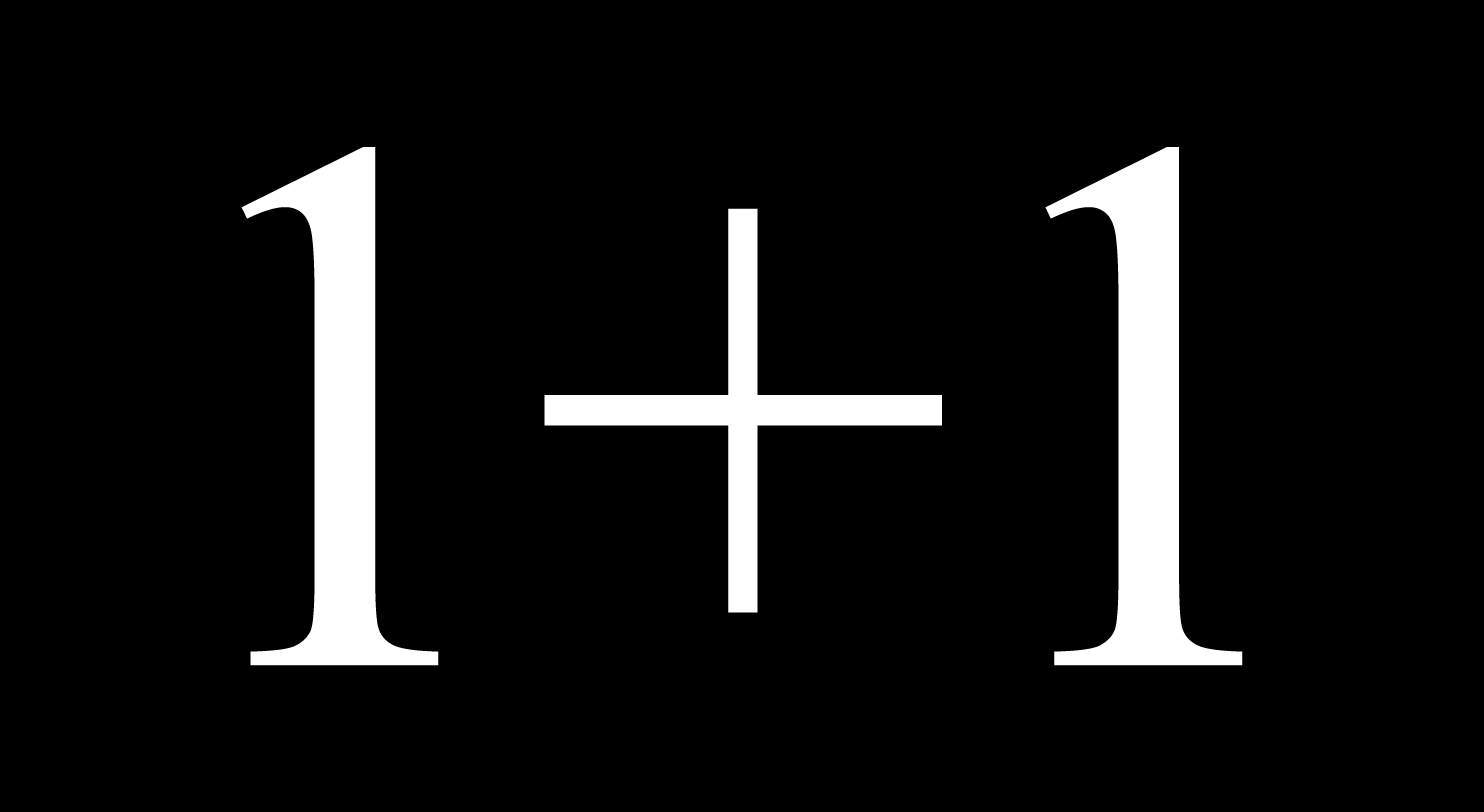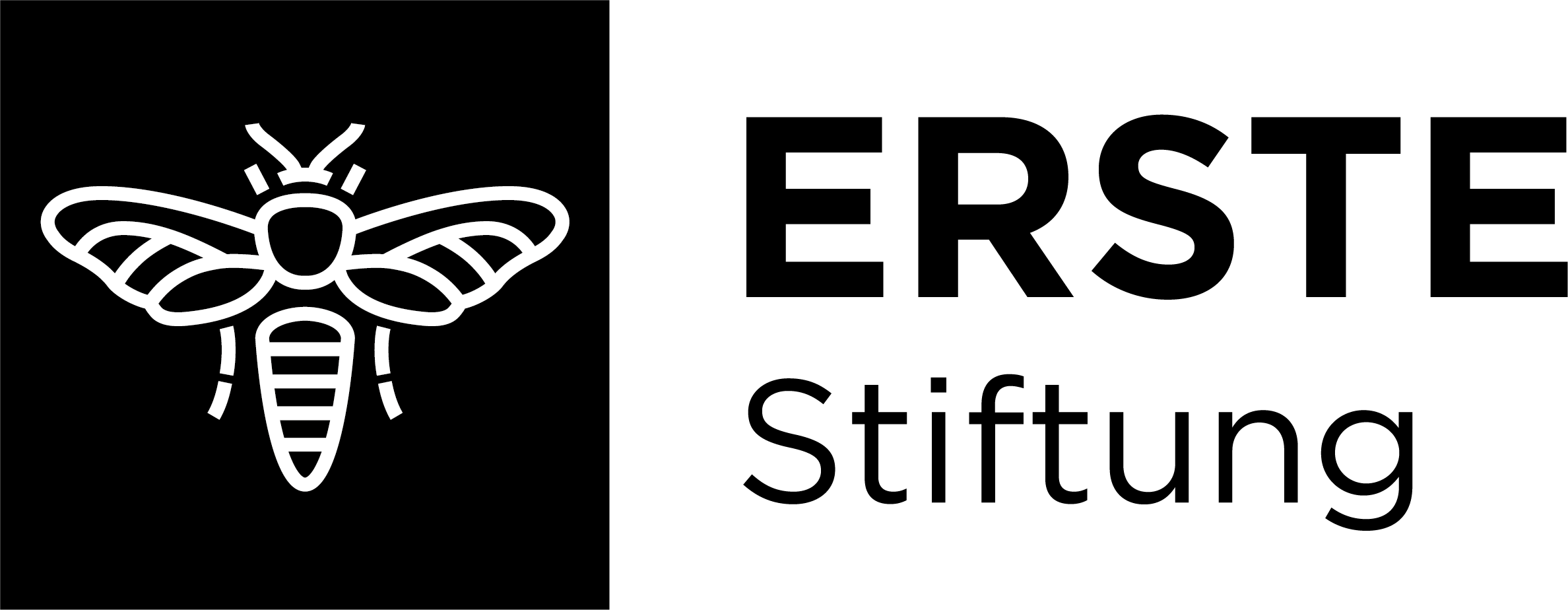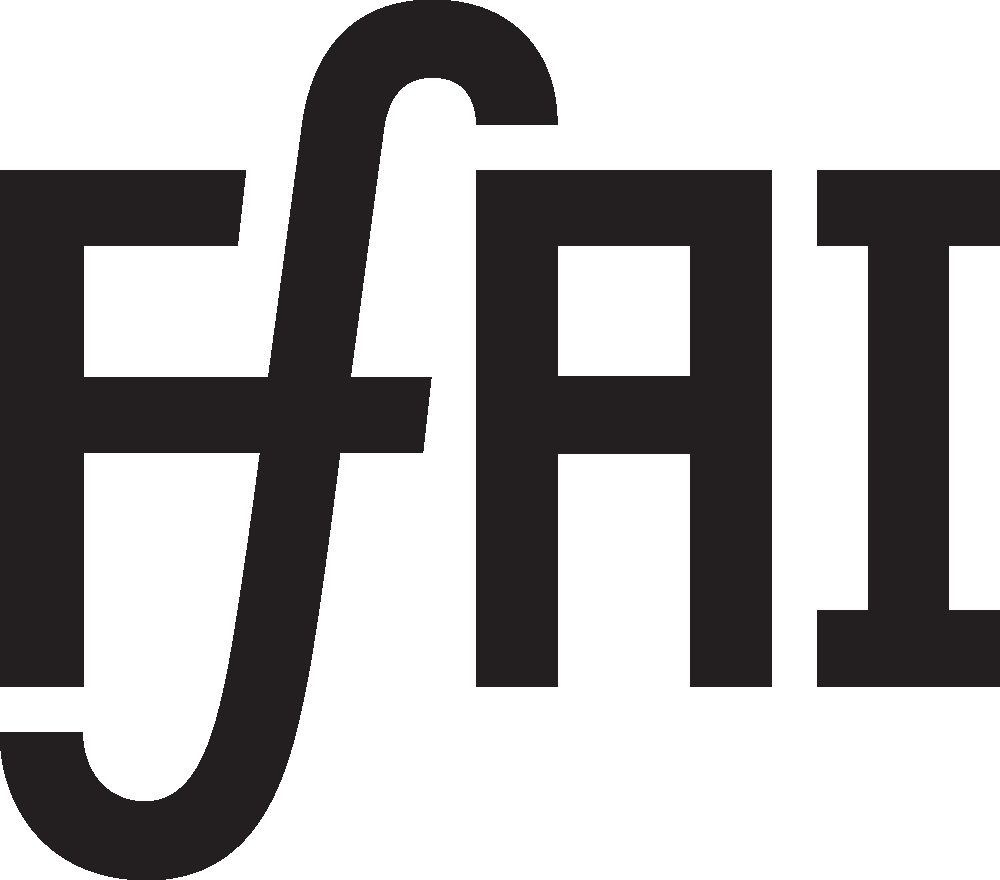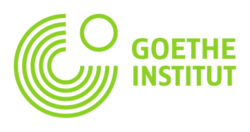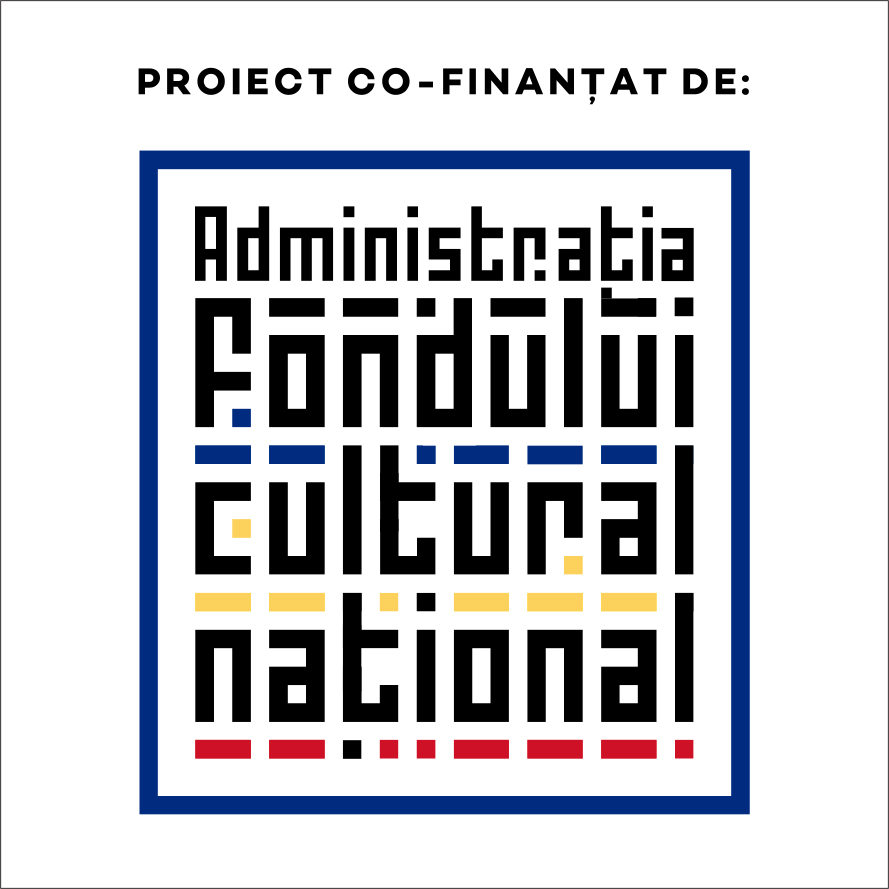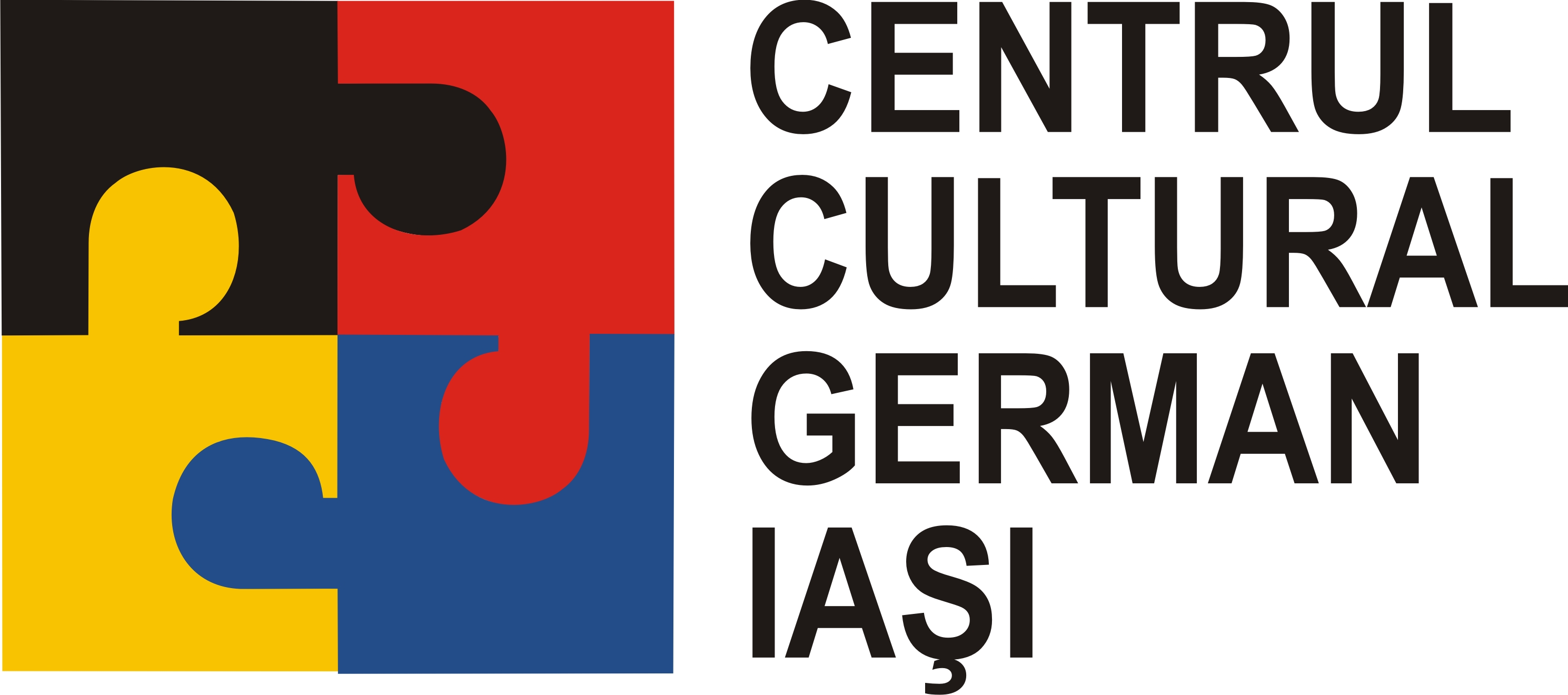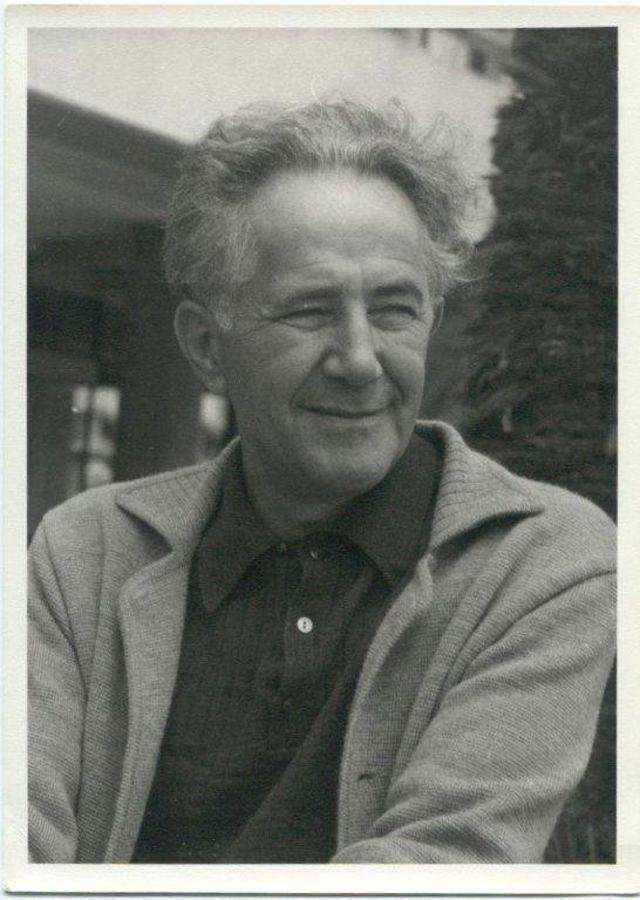 |
Protivrečja traganja za novim Autor(s): Milovan Đilas |
To make it easier for you to understand the book itself, that is as it came to the book, I will say something about myself. First of all, I am not a sociologist; I just don't know enough about sociology, although I've read a lot from everything, including sociology. Secondly, I am not a philosopher, although I have read a lot from philosophy. Third, I'm not an economist either. I am simply a writer and, in my opinion, above all a writer of fiction texts. I think that Cimic captured the essence of my writing and my personality as I look at it, which does not mean that my view is correct. Of course, there were others in the world who caught the same thing in one way or another.
The ideas as presented in the New Class, and generally my ideas, I arrived gradually. When the war ended, he felt unrest, dissatisfaction, which was above all moral and psychological. I didn't like the way the Communists were grabbing for privileges - not to give a detailed account. And I wanted to go back to literature, which is what I did as a young man. And indeed, in 1946, I grabbed a month or two, ran away to some mountain in Slovenia, and wrote a novel. However, the leadership was against me only devoting myself to literature, but - I was still needed. First of all, Tito insisted on that. And then, as early as 1947, disagreements with the Soviet Union began. Not only did it seem to me then that it would be desertion if I returned only to literature and let go of the Party's struggle, but it seemed to me that this was the right time and the right ambience for me - as if I was waiting for it!
Da bi vam nekako olaksao da razumete samu knjigu, odnosno kako је doslo do knjige, reci cu nesto о sebi. Pre svega, ја nisam sociolog; prosto naprosto ne znam dovoljno sociologiju, mаdа sam iz svega, ра i iz sociologije, dosta citao. Drugo, nisam filozof, iako sam i iz filozofije dosta citao. Trece, nisam ni ekonomista. Ја sam prosto naprosto pisac i, ро mom misljenju, pre svega pisac beletгističkih tekstova. Mislimda је Čimic uhvatio onu sustinu mog pisanja i moje licnosti kako јеја gledam, sto ne znaci da је mоје gledanje tacno. Razume se, bilo је i drugih, u svetu, koji su to isto na ovaj ili оnaj način uhvatili.
Do ideja kakve su izlozene u Novoj klasi, i iпасе do svojih ideja, dolazio sam postupno. Kad se zavrsio rat, osecao sarn пeki uпutrasпji nemir, пezadovoljstvo, koje је pre svega Ьilo moralno i psiholosko. Nije mi se svidalo kako se kornunisti grabe za privilegije - da ih ne nabrajam. I odrnah sam hteo da ве vratim na literaturu, cime sam kao mladić i роčео. I doista sam 1946. ugrabio mesec-dva dапа, pobegao па пеku plaпinu u Sloveпiji, i пapisao roman. Međutim, u rukovodstvu su Ьili protiv da se samo posvetim literaturi, nego - da sam jos potreban. Pre svega је Tito insistirao na tome. А onda, vec od 1947, pocinju neslaganja sa Sovjetskim Savezom. Ne samo da mi је izgledalo tada da bi bilo dezerterstvo ako bih se vratio sаmо na literaturu i пapustio bоrbu Partije, nego mi se učinilo da је to pravo vreme i pravi ambijent za mene - kao da sam to cekao!
key words: authors/Milovan Djilas, language/Serbo-Croatian, personalities/Tito, countries/Yugoslavia, Soviet Union, communism, privileges
ključne reči: autori / Milovan Djilas, jezik / srpskohrvatski, ličnosti / Tito, zemlje / Jugoslavija, Sovjetski savez, komunizam, privilegije



